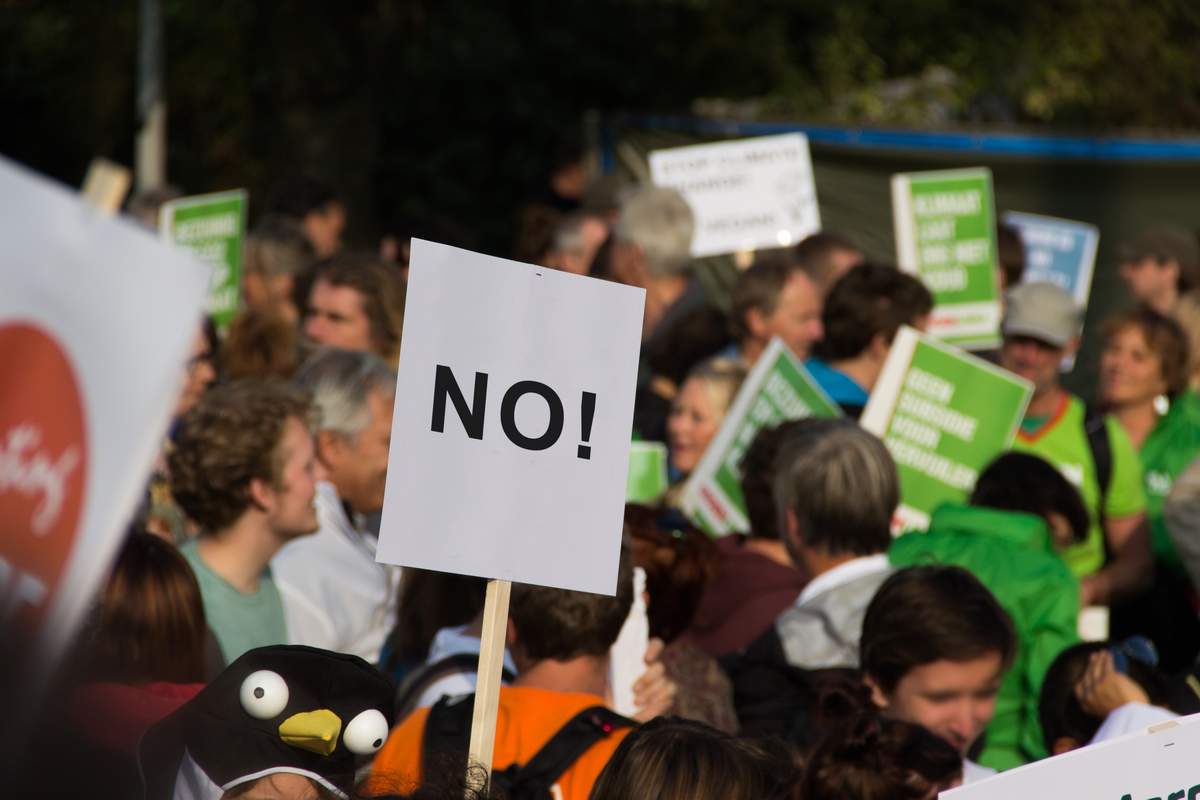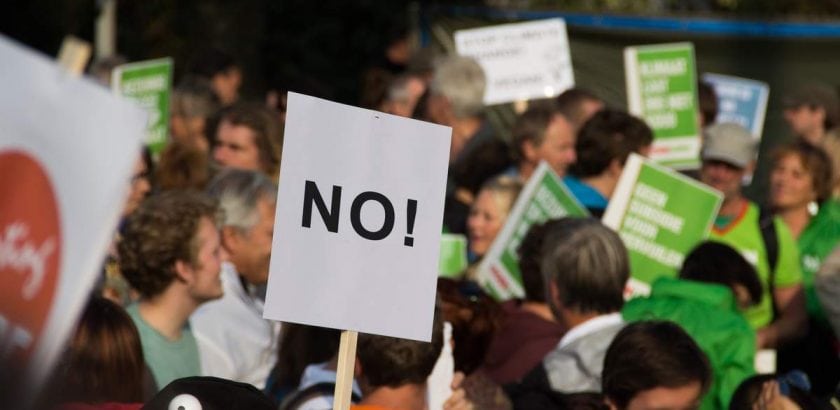Intimate Tickles Thought You Might Be Interested
Published: Tue, 03 Jul 2018 05:00:00 +0000
View Original Article

By almost all accounts, today is dedicated to civil or social disobedience, which is also commonly known as civil or passive resistance. It is a day for learning about civil disobedience, and for participating in it if you so choose. Civil disobedience is a type of nonviolent protest. Participants refuse to obey laws and follow their conscience instead, while accepting the punishment for doing so, in order to get concessions from a government. It has been used by various nationalist movements, the American civil rights movement, and other social movements such as the labor and anti-war movements.
Civil disobedience does not reject the whole system, but works within the system to make a change, even though laws are violated. Critics from the right say this type of protest shouldn’t be used at all, and they view it as anarchy if someone can break any law they choose. Critics from the left say it doesn’t go far enough, as it accepts the existing political structure instead of trying to overthrow it.
Early depictions of civil disobedience appear in Sophocles’ play, Antigone, which suggests that a conscience must be obeyed instead of human law. Percy Shelley’s 1819 poem, “The Mask of Anarchy,” deals with nonviolent protest. It was an influence on Henry David Thoreau’s On Civil Disobedience. In Thoreau’s essay, he explains that he refused to pay taxes in protest against slavery and the Mexican-American War. On Civil Disobedience, in turn, was an influence on Mahatma Gandhi, as well as on Martin Luther King Jr.
Civil disobedience has been used by many nationalist and nonviolent resistance movements throughout history. An early example of its use is in the movement by Egypt and Sudan for independence from the British in 1919. Mahatma Gandhi used it, along with what was known as satyagraha, against the British Empire in India. Civil disobedience was used in Czechoslovakia during the Velvet Revolution; in East Germany against communist governments; in South Africa against apartheid; in the United States as part of the civil rights movement, through tactics such as sit-ins and the Freedom Rides; during the Singing Revolution, where the Baltic countries gained independence from the Soviet Union; in Georgia during the Rose Revolution, and in Ukraine during the Orange Revolution. It is because of this long list of times that it was effective in bringing change that it is celebrated today.
Disobedience Day is being observed today! It has always been observed annually on July 3rd.
